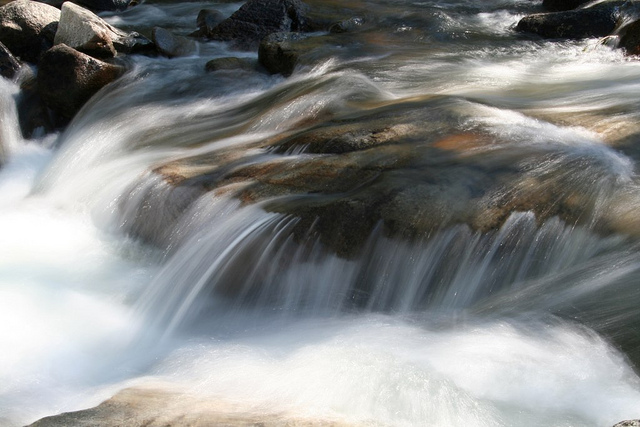Tag: Hard Polytheism
-

Caught Up in the Flow: What I Believe
This is less a journal of my proclamations as it is a record of my process. I am figuring it out as I go. If you think you’ve already got it figured out, my writing may likely rub you the wrong way. Over the past several days I’ve been in the midst of what my […]
-

Is Hard Polytheism Incomplete?
I think that hard polytheism is incomplete. I think that there is an underlying unity in all things that hard polytheism — at least, the hard polytheism I see presented most often within my own tradition, ADF — does not take into account. This became clear to me when I began to read Saraswati Rain’s […]
-

I Spotted Thor Down at the Quik Mart
In a recent discussion with a group of Pagans about the development of an American pantheon for use in ADF ritual, someone said this: “When we look at historical evidence to find the ancient deities, we look at what was left behind and what survived for long periods of time, such as the stories that […]


